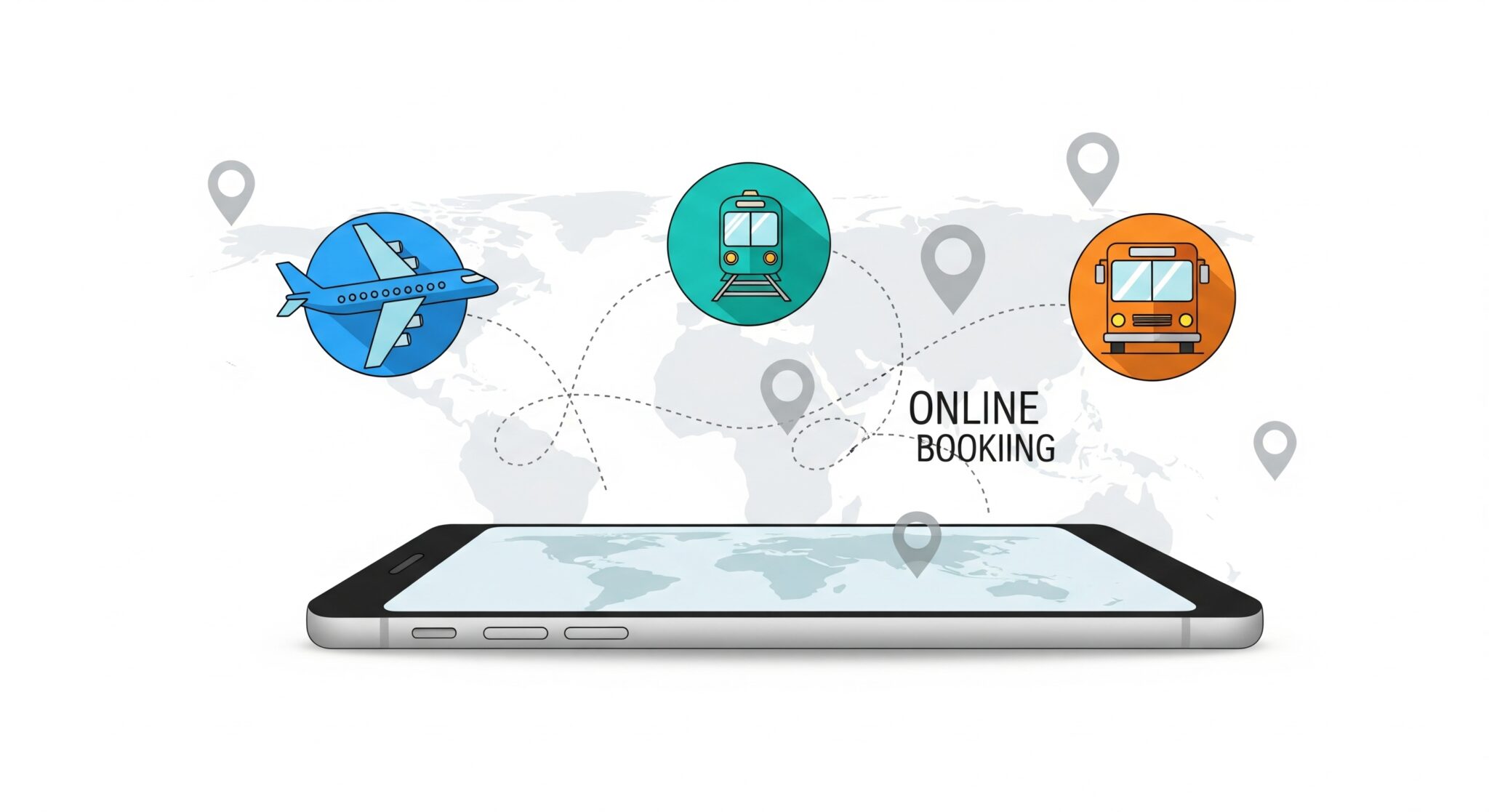Snowman Logistics is offering shares to the public in an Initial Public Offer (IPO)
- 26th to 28th August 2014
- 4.2 cr. shares on offer, 10% for retail (Up to Rs. 200,000 investment)
- Price: Rs. 44 to Rs. 47
- Total IPO size of Rs. 200 cr. or so.
- Values the company at around Rs. 800 cr. (25% will be in the public offer)
What does it do?
They are largely into cold chain warehouses and distribution. Snowman owns 23 temperature controlled warehouses, in most big cities of India. They store and transport food items, including perishable (which is why they need refrigeration and temp control).
It works with some marquee clients like HUL, McCain and Ferrero (you’ve eaten the Rochers?)
Gateway Distriparks owns 54% of the company. Mitsubishi owns 15%, and Norwest (a PE Fund) owns 14%. The investors seem to be reasonably well informed.
Where will the money go?
They’ll build 6 new temperature controlled warehouses and two ambient warehouses with about Rs. 128 cr. and need 8 cr. for working capital. The rest is general stuff.
Revenues
Revenues have grown nearly 40% to 155 cr. in FY 2014.
They have an EPS of Rs. 1.96 in 2014, which values the company at about 24 P/E. Profit growth has been not so great; At Rs. 23.27 cr. in FY 2014, versus Rs. 19.9 cr. in FY 2013 (Growth: 17%)
Whoa! Net Profit Higher than Profit Before Taxes?
PBT fell from the earlier year largely because of high finance costs since the company took a bridge loan of 76 cr. But then how come profit AFTER tax is higher?
The company gets special tax treatment because it’s into cold chain warehousing. New cold chain warehouses get a 150% deduction on the capital expenses on set up. But they have to pay minimum alternate tax (about 20%) on the profits BEFORE this deduction. On the profit before taxes they pay MAT and add the “deferred tax credit” which means net profits go up.
This complicates the depreciation angle too. If you claim a deduction on the capital expense of something, you don’t get to claim depreciation in the tax statement. But depreciation does apply to the item as it has a life and must be replaced, so you have to calculate the depreciation and put it back as a “deferred liability”.
This can get confusing.
In effect, the net impact is to reduce income and taxes in the initial years (because there is a deduction for the expense on the plant) but in the longer term growth from the investments will drive profits (not a deferred tax asset).
This complicates valuation.
Do you value this company as a multiple of (currently depressed) earnings? Are these tax asset issues sustainable?
And then, there’s debt. The company has Rs. 130 cr. of debt. Some of this will be paid back through the IPO proceeds (it’s been taken to start work on the new stuff). With infrastructure status the company might get lower cost debt, and perhaps longer term debt as well.
There’s not that much in terms of listed competition, but there’s Concor with 20 times trailing earnings or Gati with 30+ P/E. The company is in the middle, but it’s only business is the cold chain.
Our answer is: it depends. Logistics, especially cold chain, is a a good business, as distribution and storage become more and more important to the Indian food supply chain.
Our View
The company valuation is reasonable. It’s not cheap, and it’s not too expensive.
In the longer term (3 years+), assuming the company can push up earnings 40% to 50%, we are likely to see cold chain warehousing become really big. The concept is sound – you want to keep produce fresh, and transport it in refrigerated vehicles (eg. Milk) so you will need the Snowman kind of logistics company. In the medium term, as more and more food gets processed, stored and forwarded, the company should get a great deal of revenue.
The IPO market is just starting up and it looks like nearly everyone advises a buy on the counter. This is dangerous (watch out for the mad crowd) but it’s not yet looking insane. This stock isn’t ludicrously priced, and the industry is actually worth investing in.
The risks are that warehousing costs rise a lot due to, say, increase in diesel prices, or transport costs. Or that the tax policy goes through some major reversal. They are low, in our opinion.
You are unlikely to get a lot of shares applying for the IPO, but it may be prudent to invest a small amount anyhow, since all they will do is block the amount in your bank account for the period even if you don’t get allocation. As the company releases results and progresses we might add more to our allocation as well.







